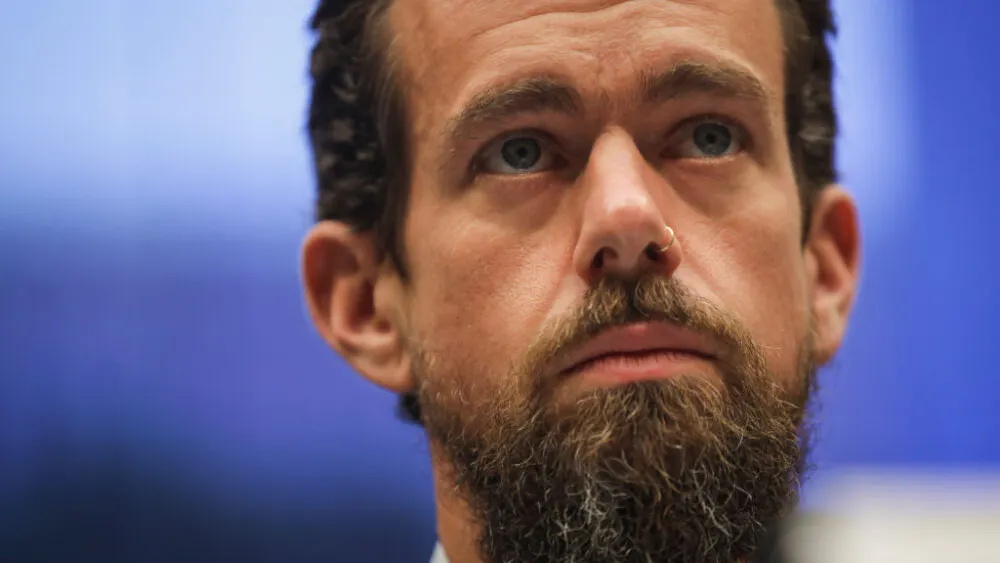After Twitter made the contentious and widely criticized decision to permanently suspend President Donald Trump from the platform, the social media company’s CEO, Jack Dorsey, posted a lengthy 13-post thread trying to explain this unprecedented act of censorship.
I believe this was the right decision for Twitter. We faced an extraordinary and untenable circumstance, forcing us to focus all of our actions on public safety. Offline harm as a result of online speech is demonstrably real, and what drives our policy and enforcement above all.
— jack (@jack) January 14, 2021
This thread is nothing other than a long-winded version of the standard pattern of “dodge, duck, dip, dive, and dodge” employed by social media giants when they get caught red handed. For future reference, here are the key elements of this pattern to watch for:
- Assume the premise that their goal is to pursue a collective good, often in a meaninglessly self-deprecating manner. “…a failure of ours ultimately to promote healthy conversation,” implies that their goal is to promote healthy conversation, which it is not.
- Act as if these problems are a sudden and previously unknown discovery, and promise to investigate immediately. “…a time for us to reflect on our operations and the environment around us,” hints at the notion that Twitter is oblivious of the world in which they exist. “Yes, we need to look at how our service might incentivize distraction and harm. Yes, we need more transparency in our moderation operations.” Please check back in 3-6 months for an update. Goodbye.
- State obvious facts as if recognition of reality is a virtue, and that any criticized actions were involuntary. “Having to take these actions fragment the public conversation. They divide us.” Really?! Gosh, thanks for explaining, Jack.
- Subtly remind readers that the target of censorship is still the guilty party, who through their own mistakes are not able to see the light. “They limit the potential for clarification, redemption, and learning.”
- Shamelessly express “concern” regarding the power of Big Tech … immediately after wielding said power. “And sets a precedent I feel is dangerous: the power an individual or corporation has over a part of the global public conversation,” and “…over the long term it will be destructive to the noble purpose and ideals of the open internet.”
- Act as if the gargantuan corporation is simply a minor and powerless player in an otherwise larger system beyond their control. They’re passengers, not drivers! “The check and accountability of this power has always been the fact that a service like Twitter is one small part of the larger public conversation happening across the internet.”
- Make irrelevant comparisons with other industries or products to imply some sense of understanding of virtues discussed earlier. “The reason I have so much passion for #Bitcoin is largely because of the model it demonstrates.”
- Promise to spend money on new teams, products, and initiatives, with no evidence to support the claim that such actions will result in meaningful change, while simultaneously and preemptively avoiding full responsibility. “We are trying to do our part by funding an initiative around an open decentralized standard for social media.”
- Reference the complexity of the problem in order to justify the solution’s inevitable future failure. “This will take time to build.”
- Promise openness and transparency in the most vague and irreverent way possible. “No matter the ultimate direction, we will do this work completely through public transparency.”
- End by drowning the audience in collectivist nonsense, thereby reminding us that they define what actually matters. “It’s important that we acknowledge that this is a time of great uncertainty and struggle for so many around the world … Everything we learn in this moment will better our effort, and push us to be what we are: one humanity working together.”
- When all else fails, lie, “This concept was challenged last week when a number of foundational internet tool providers also decided not to host what they found dangerous. I do not believe this was coordinated.”
Ian Haworth is an Editor and Writer for The Daily Wire. Follow him on Twitter at @ighaworth.
The views expressed in this opinion piece are the author’s own and do not necessarily represent those of The Daily Wire.

Continue reading this exclusive article and join the conversation, plus watch free videos on DW+
Already a member?

.png)
.png)

